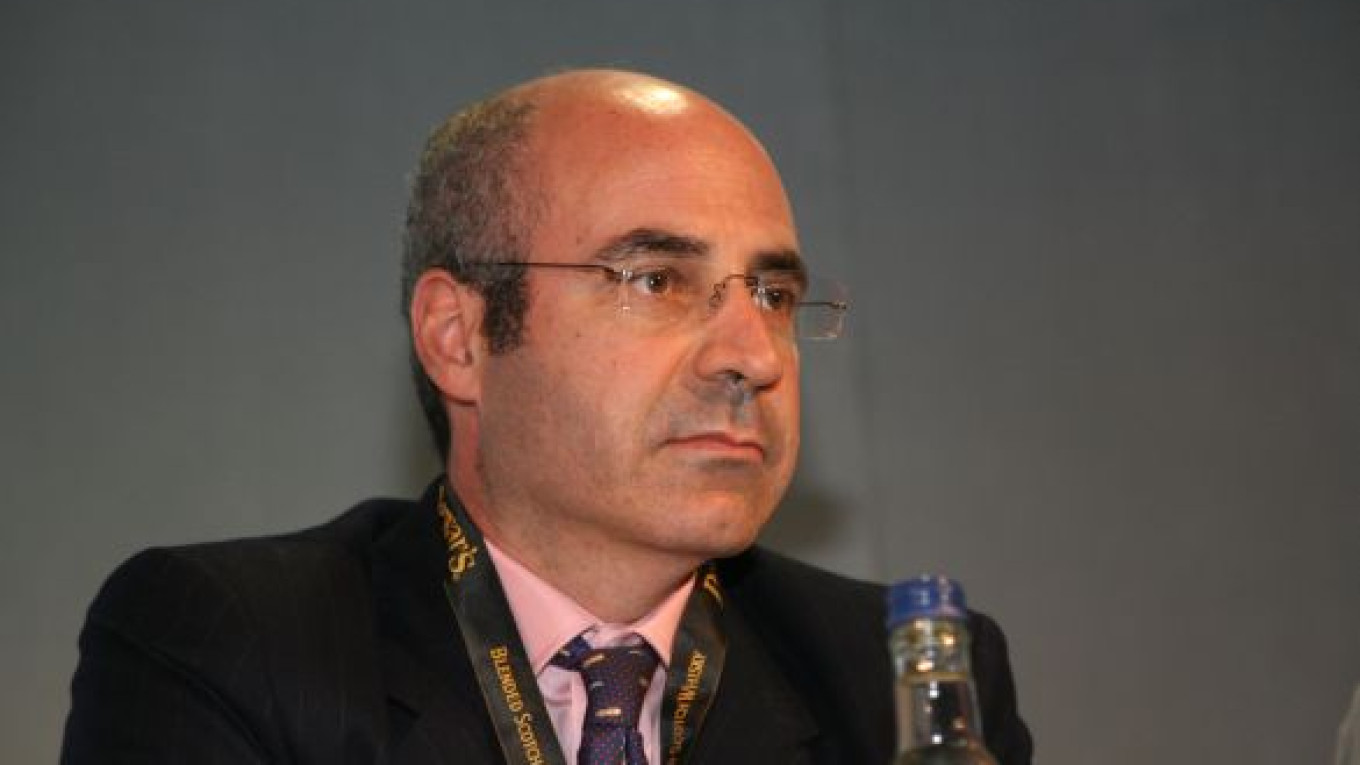Washington has already imposed sanctions against dozens of Russian officials from the “Cardin list” who were implicated in the wrongful death of former Hermitage Capital lawyer Sergei Magnitsky.
The Cardin list — named after its sponsor, U.S. Senator Ben Cardin — hits the most vulnerable part of Russia’s corrupt system. In contrast to the Soviet leadership, the current Russian regime is not dictatorial, but exponentially more corrupt. What is the point of stealing all of that money from state coffers, stashing it away in foreign accounts or investing in expensive foreign real estate if the corrupt officials are denied access to these assets?
The Kremlin did everything it could to fight the Cardin list. In Washington, senior U.S. senators were surprised to hear Kremlin first deputy chief of staff Vladislav Surkov tell them that the U.S.-Russian “reset” could end if the Cardin bill became law.
I am sure the senators had a difficult time understanding why key reset programs — such as providing the U.S. military transit routes to Afghanistan through Russia or U.S.-Russian cooperation on Iran — would be placed in jeopardy to protect corrupt officials at the Interior Ministry and the Federal Tax Service. In this way, Surkov was essentially threatening to kill the reset so that corrupt officials could keep their luxury villas in Dubai and on the Mediterranean coast.
It is clear, however, that the implied threat to kill the reset was a bluff.
The Kremlin’s foreign policy is very simple. It is good for the ruling clan if oil prices rise and bad if their foreign assets are frozen. That is why Russia’s leadership will always extend aid to rogue states in order to increase international tensions and drive up the price of oil, but they will stop short of turning Russia into a rogue state itself.
The Magnitsky affair began long before he was arrested in late 2008. Several years before that, Hermitage Capital founder William Browder began greenmailing state-owned companies. This provoked the siloviki to go after him. In any standard dictatorship, issuing a warrant for Browder’s arrest on criminal tax evasion charges would have been enough to solve the government’s “Browder problem.”
But something else occurred. Interior Ministry officials seized the corporate seals and registration documents of Hermitage subsidiaries, which allowed them to receive fraudulent tax rebates of $230 million from the state budget.
When Magnitsky blew the whistle on the scam, the Kremlin had to provide a cover for everyone involved because that is the way the government’s kleptocratic mafia network works.
State officials have the right to embezzle, but citizens have no right to prosecute them. As the Magnitsky case clearly shows, any attempt to expose government extortionists is punishable by arrest on trumped-up charges — and death in pretrial detention.
The main problem now facing the Kremlin is that the number of names on the Cardin list may be expanded to include senior Russian officials. In a June interview to Snob magazine, Browder said certain? ministers stood behind the $230 million fraudulent tax rebate scheme.
Who are these ministers? Browder didn’t clarify, but it is interesting that Olga Stepanova, who has been implicated in the tax rebate scheme, served as? head of the No. 28 tax inspection office while Anatoly Serdyukov, now the defense minister, headed the Federal Tax Service. It is also interesting that after leaving the tax inspection, Stepanova was named adviser to the head of the federal arms procurement agency, which reports to Serdyukov.
Yulia Latynina hosts a political talk show on Ekho Moskvy radio.
A Message from The Moscow Times:
Dear readers,
We are facing unprecedented challenges. Russia's Prosecutor General's Office has designated The Moscow Times as an "undesirable" organization, criminalizing our work and putting our staff at risk of prosecution. This follows our earlier unjust labeling as a "foreign agent."
These actions are direct attempts to silence independent journalism in Russia. The authorities claim our work "discredits the decisions of the Russian leadership." We see things differently: we strive to provide accurate, unbiased reporting on Russia.
We, the journalists of The Moscow Times, refuse to be silenced. But to continue our work, we need your help.
Your support, no matter how small, makes a world of difference. If you can, please support us monthly starting from just $2. It's quick to set up, and every contribution makes a significant impact.
By supporting The Moscow Times, you're defending open, independent journalism in the face of repression. Thank you for standing with us.
Remind me later.


